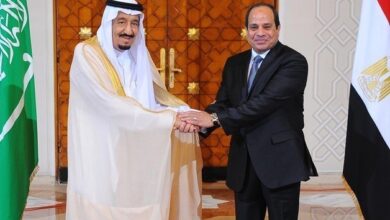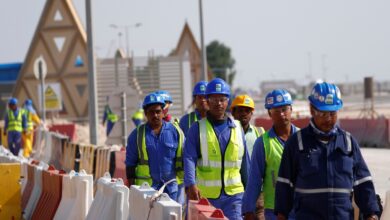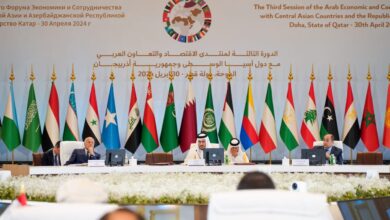
Ashraf AboArafe
The Kingdom of Saudi Arabia (KSA) is hosting the regional workshop of the International Plant Protection Convention (IPPC) in the Near East and North Africa 2023, entitled “Phytosanitary for Environmental Protection”, organized by the National Center for the Prevention and Control of Plant Pests and Animal Diseases “Waqa”, in cooperation with the FAO Regional Office for the Near East and North Africa.
The workshop, which will continue until next Wednesday in the Qassim region, will be attended by the Food and Agriculture Organization of the United Nations (FAO), the Secretariat of the International Plant Protection Convention, and a number of international organizations concerned with the protection of plant resources, in addition to the official and concerned authorities in the Kingdom. With the aim of identifying the possibilities and strengthening the role of all member states by following international standards in plant protection, as well as discussing and presenting the latest international updates in the field of phytosanitary, and promoting the necessary and precautionary measures to avoid the spread of dangerous agricultural pests from one country to another.
The CEO of the National Center “Waqaa”, Eng. Ayman Al-Ghamdi, stressed in the opening session yesterday, the Kingdom’s interest in protecting plant resources and crops from the invasion and spread of plant pests and reducing the impact of pests on food security, trade, economic and environmental growth, noting the decision of the Council of Ministers to organize the center, and the consequent issuance of The ministerial decision to transfer the competencies and tasks related to plant pests and animal diseases from the Ministry of Environment, Water and Agriculture to the Waqaa Center.
He added that the center aims to implement what achieves the approved policies of the Ministry to combat pests and animal diseases, by taking preventive and remedial measures. To ensure the health and sustainability of plants and animals, to enhance the participation of the private sector, and to unify efforts between government and private agencies in this field.
Al-Ghamdi indicated that the Kingdom is keen to follow international standards in plant protection and to cooperate closely with all countries of the Near East and North Africa region. To enhance phytosanitary capabilities to reduce the risks of transboundary pest spread and its urgent challenges, pointing to the importance of raising the level of coordination and consultation and linking bridges of continuous cooperation between member states in the field of phytosanitary.
He stressed the importance of holding the regional workshop annually, as it is an important tributary and knowledge bank that brings together representatives of national plant protection organizations in the region, through which information and knowledge are exchanged and discussed on various phytosanitary issues, as these pests and diseases endanger food security in the Near East and North Africa region with The consequent serious economic and environmental impacts.
It is noteworthy that the mission of the International Plant Protection Convention is to protect plant resources with proactive and precautionary steps by preventing the entry and spread of harmful pests regionally and globally.




